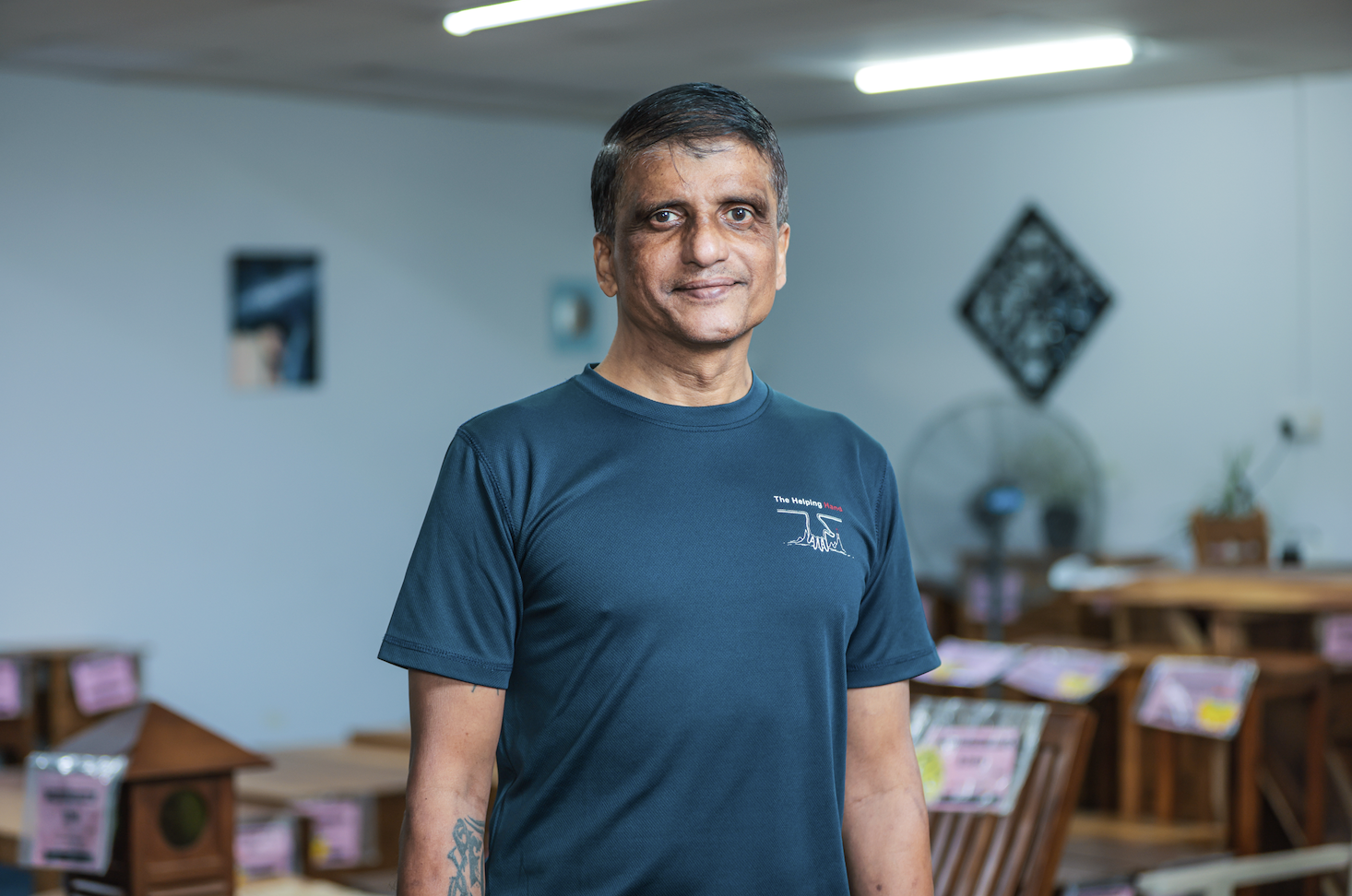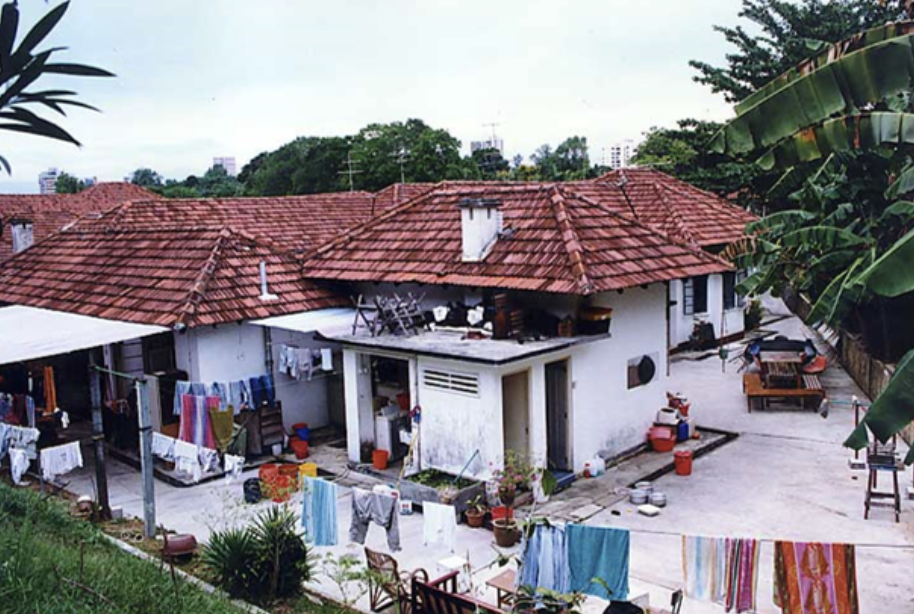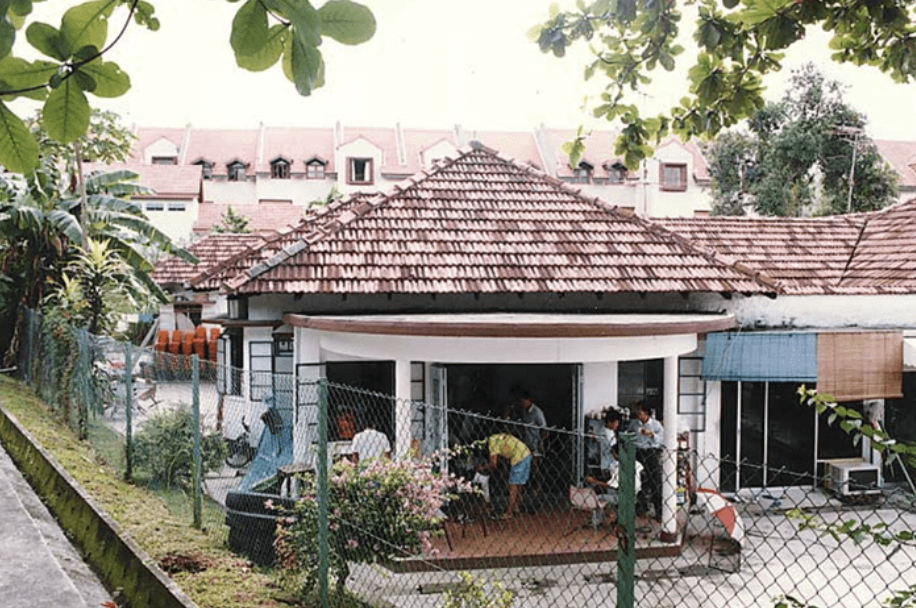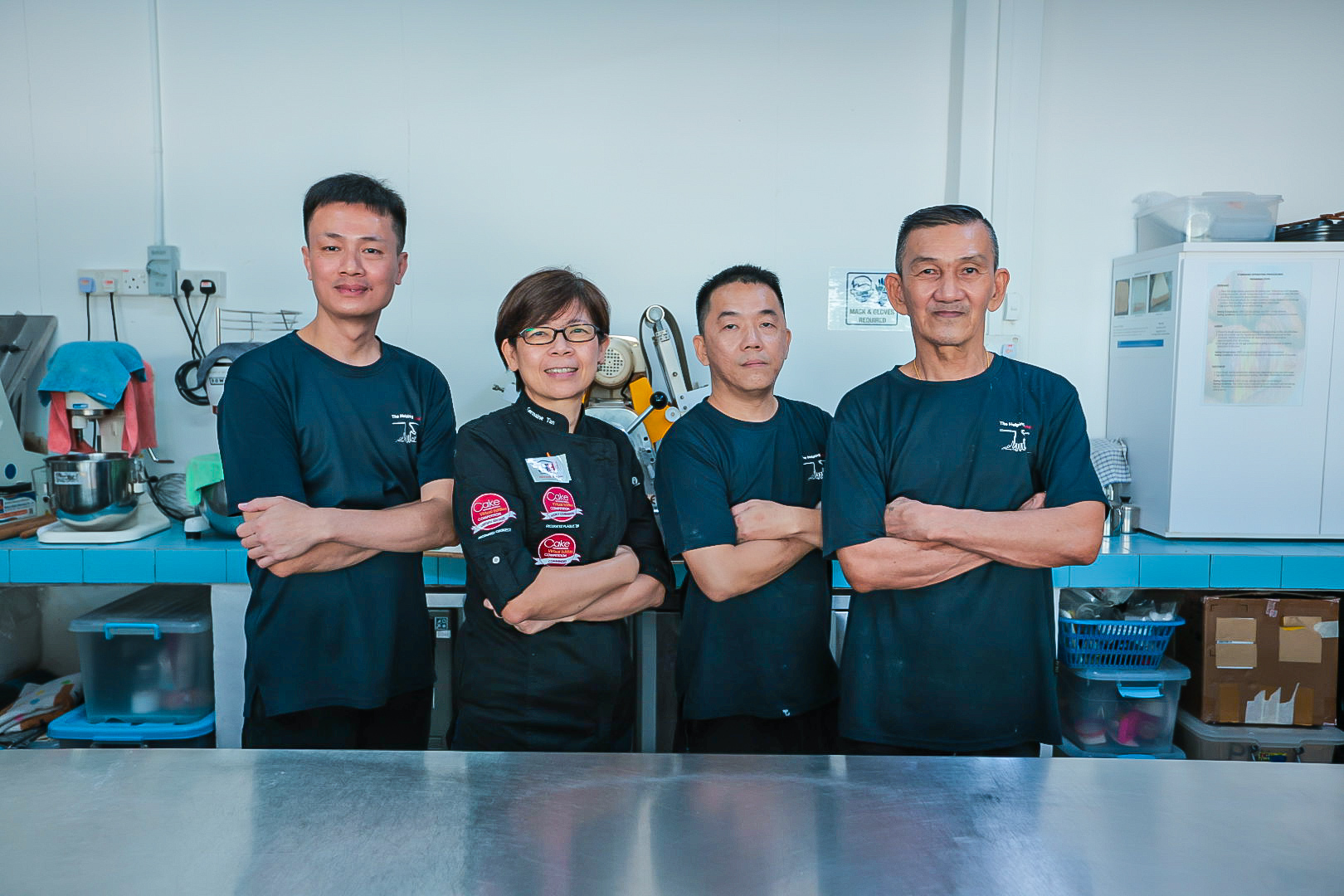Our Vision is to transform ex-offenders to live a Christ-centred life, so that families are restored, and society is uplifted.
We inherently believe that ex-offenders have deep, untapped potential, and that it's simply waiting to be seen - the moment we believe in them, and persist with them along this journey of change.
But there are challenges to this vision.
The prevalent marketing of drugs through social media
With social media, drugs are increasingly being marketed as 'cool', and 'harmless', leading younger ones to experiment with drugs. But once someone tries drugs, it becomes an uphill battle to stop.
Some of our residents find lasting change difficult, especially with broken families
That is why we believe in the transformative power of Christ, and persist in daily devotions, chapel, and group discussions to ensure a community of support from God and man. We also do family support groups to help residents grow closer with their families.
Our residents may find it difficult to avoid wayward acquaintances
When years have been spent with drug dependencies, one may not find positive influences after release. We intentionally connect residents with churches and community groups, so that they can find a community that journeys with them in their change.
Our residents find dignified work difficult to find
Despite the many efforts to reduce stigma, good work may still be difficult to attain. We thus focus on Work Therapy, to ensure that our residents have a means to livelihood here in The Helping Hand, and can bring that revitalized work ethic into their next piece of work.
Some of us may think that ex-offenders are at fault.
What we don't realise is that many of them grew up in difficult family circumstances, and were pushed drugs at a young age. Whilst this does not negate their individual responsibility, we recognize that there is no one road that leads to drug offending. Rather, drug offending is a complex issue that has many different reasons.
the challenge, and how we tackle it
But the road into drug offending is not singular.
Nor is the road out into sustained recovery.
In Singapore, despite our strong stance against drug trafficking, some ex-offenders still get entrapped by drugs. Why?
Drug traffickers aggressively target younger ones.
The Health and Lifestyle Survey conducted by IMH found that the mean onset of illicit drug consumption is 15.9. At that age, students may not have the ability to say no, and once hooked, it is a slippery slope to addiction.
Addressing this means that we need to undo years of painful habits, and help ex-offenders to create lasting change.
Drug use can be a means to belong in the "in-group".
With social media, students are getting introduced to drugs at a young age. It can seem cool to use drugs, to find belonging amongst the coolest kids in school, or to follow the crowd at parties.
Helping ex-offenders can mean finding them different friends, who engage in wholesome activities, and not illicit ones.
Drug use can feed a deep void in the soul and spirit.
We know that drug use often stems from a desire to fill a deeper yearning in the heart. For connection. Belonging. Love. Things we often find in friends, family, or from God.
Helping our ex-offenders can mean giving them the space and time to relate with God again, to fill the void in their hearts, and to find restoration.
That is why we've adapted Our Mission for this changing reality.

We believe in the power of christ to transform lives.
As a Christian halfway house, Christ is at the centre of the transformation we seek for our residents. We know that without God's work, our labour is in vain. That is why we constantly focus on rebuilding the relationship between our residents and God, as that is the foundation of change.
we believe in holistic integration and thus rehabilitate residents with a four fold model.
We do not simply address a resident's singular needs - such as their emotional needs, as we believe that these needs can sometimes be the symptoms, rather than the root issues. Therefore, we rehabilitate and reintegrate members based on 4 Aspects of Therapy - Spiritual, Work, Social and Physical Therapy.
With spiritual therapy, we are a Christian organisation which helps ex-offenders live Christ-honoring lives by the power of the Holy Spirit (Col 3:1-4, Rom 12:1-2).
- We have chapel sessions on Tuesdays and Fridays to encourage spiritual discipline,
- Morning devotion sessions to encourage a community of sharing,
- And we also introduce residents into a local church community for continuation of spiritual support.
We provide dignity through work.
We believe all residents can meaningfully contribute to society. We thus engage them meaningfully in work areas like moving, urban farming and baking, so that they build a work ethic that allows them to transit back into life in the community.
We accompany them throughout their journey of change.
Even when residents leave us, they remain a treasured part of our community. We continue to provide after-care services, family counseling, and work skills to ensure that their change is sustained.
Our Values
This is what keeps us centered.

How did we get started with this work?

We began life at Chancery Lane in 1987. Since then, we've been blessed in our growth across the years.
Our History
1987
THH was founded by Mr Robert Yeo, and located at Chancery Lane.

1990
We moved to 819 Upper Serangoon Road, which held the former Sin Ming Primary School, until its student population got too large.
1995
We started an official partnership with SCORE and Singapore Prison Service, allowing us to more effectively rehabilitate the workers into the community.
1997
We enhanced our 4-Fold Therapy –
such that it was not just Spiritual Therapy, but further combined with Work, Social and Physical Therapies
2010
The Halfway House Service Model was introduced by the Singapore Prison Service to better meet the needs of ex-offenders housed there.
2015
Our Core Mission and Vision was further enhanced with Core Values.
2024
The Helping Hand started its very own Hands Cafe, offering another means to engage the wider community, and for our residents to rehabilitate through work, and find meaningful employment.

2025
this journey of change.
